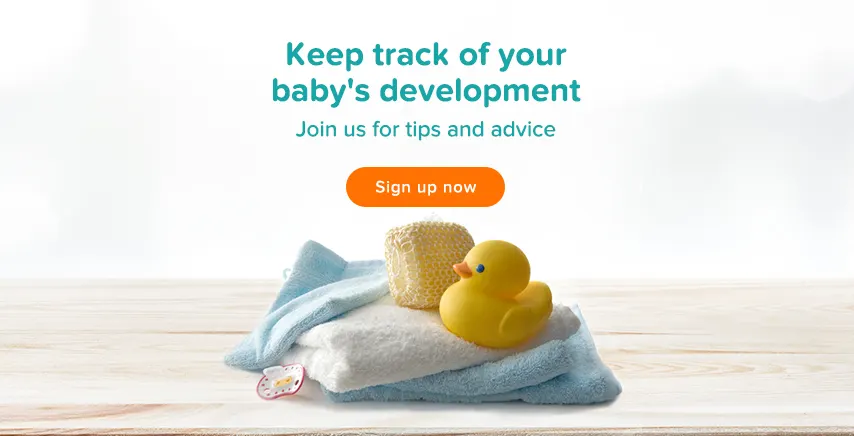Toddler Discipline: Beyond Time-out
While some research suggests that time-out is one of the most effective discipline techniques you can use, it shouldn't be the only device in your parental tool chest. As children grow older, it may become less effective. Luckily, other discipline techniques can work extremely well with older children.
Here are some examples:
Catch Your Child Being Good
Reinforce the Positive
Don't Expect Perfection
Present Alternatives
Set Specific, Limited Goals
Remember That Discipline Is Not the Same as Punishment
Catch Your Child Being Good
Frankly, this is probably the simplest and most powerful thing you can do to improve your child's behaviour. Yet many parents spend most of their time and energy focusing on the behaviours they don't want in their child instead of what they do want.
Children love extra attention. A verbal compliment, a quick hug or a pat on the back can work wonders in only a second or two. Praise your child when she uses a fork at the dinner table; don't just become upset when she spatters spaghetti sauce all over her shirt.
Be enthusiastic without going overboard – even young children can tell when you're insincere. This type of positive reinforcement is especially helpful when a child is feeling stressed since it relieves tension instead of adding to it. Non-verbal gestures are as good as verbal ones. If your daughter is playing quietly by herself, go over and gently stroke her hair once or twice – if that's something she likes. At first she may stop when you do this. But after a few days she'll keep on playing quietly as she basks in the extra attention.
If you reward a child's appropriate behaviour ('I love it when you say ‘please' and ‘thank you'!'), she's likely to repeat it. In fact, if you ignore a child's good behaviour, she's more likely to act inappropriately next time, because she knows that will get her some extra attention from you. So try to focus on the good stuff, not the bad.
Reinforce the Positive
Remember that positive reinforcement (adding good things) is more powerful than either negative reinforcement (removing good things) or punishment (adding bad things). Paradoxically, small rewards, such as a bit of extra attention or a special meal, can be more powerful than big rewards, such as a promise of a bicycle. Children will often stop trying if they feel they cannot earn the big reward that's been offered.
Pay careful attention to the words you use when you praise your pre-schooler. Try to make your praise specific and focused on behaviours instead of being over-general.
Some researchers have found that
Specific praise enables a child to evaluate his own achievements: 'That's a tall tower. I'm proud'.
General praise on the other hand, leaves a child dependent upon others to evaluate her behaviour: 'Am I still smart?'
So try to make your praise specific and focused on behaviours.
Don't Expect Perfection
It's unrealistic to expect a child to be perfectly behaved. In fact, if you do, it will make a child feel so much stress that she'll probably misbehave simply to break the tension.
Set realistic goals so that both you and your child can succeed. For example, don't expect your pre-schooler to share all of her toys when a friend comes to visit. Arrange with her to set the most precious toys aside before the friend arrives. That will help her feel more comfortable sharing her other toys.
Present Alternatives
Show your child alternative behaviours to the ones you want to change. For example, if she's yelling and you want her to stop, demonstrate to your child how she can speak quietly and still get people's attention. One of the reasons that spanking a child is ineffective as a punishment over the long term is that it doesn't teach the child what she should be doing.
Set Specific, Limited Goals
Decide what's really important to you. Safety, of course, should be your first concern. But how important is politeness at this age? What about cleanliness? Friendliness? Paying attention? Don't try to focus on too many things at once or you'll constantly be correcting your child and you'll both be miserable. Remember that you have plenty of time to help your child master new social skills.
Let's say you want your four-year-old to go to bed without kicking up a fuss. If you define your goals in terms as general and absolute as that, compliance will be difficult to measure and difficult to achieve. Instead, make your goal more specific and realistic. You should be satisfied, for example, if five days out of the week she gets under the covers in less than 15 minutes after you tell her it's bedtime. Don't expect perfection, either from her or from yourself.
Remember That Discipline Is Not the Same as Punishment
Sometimes it's hard not to equate the two, but try to keep in mind that they're different. Discipline has to do with teaching. Ask yourself if your own behaviour is teaching your child the types of things you want her to learn. Setting a good example is one of the most effective discipline techniques of all.

